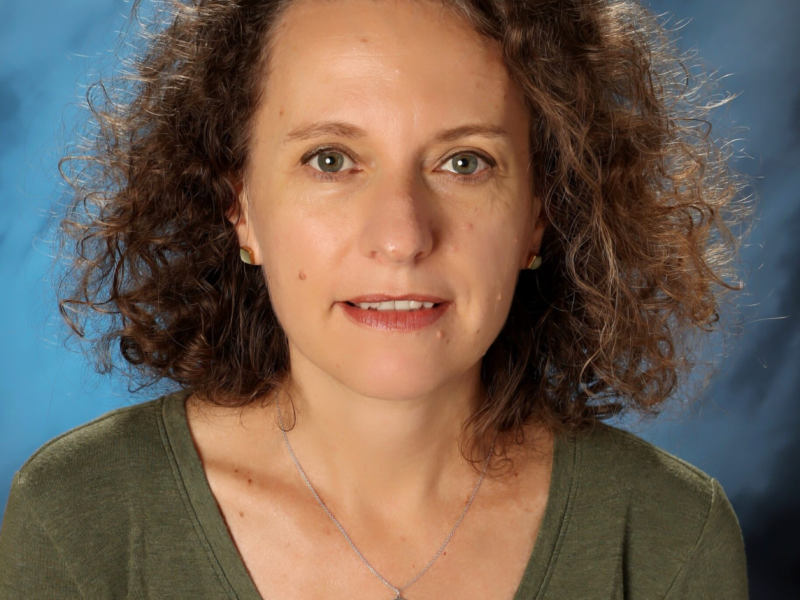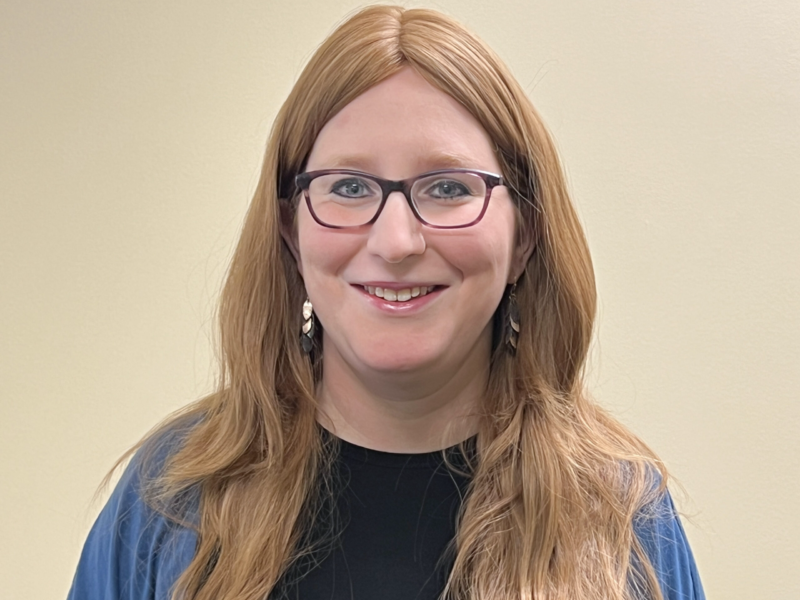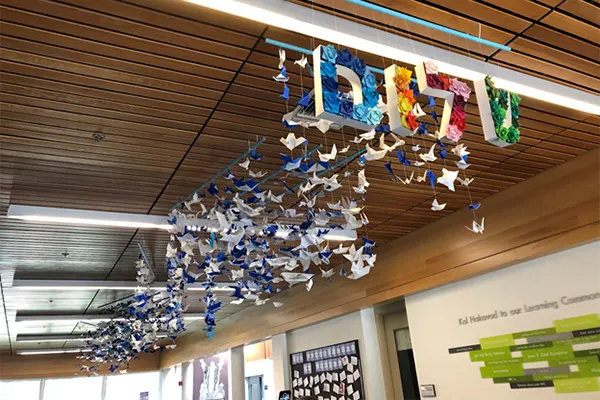Each month Oregon Jewish Life will ask a group of rabbis, cantors or individuals to respond to a question. Since this issue has a section on weddings and the state of Washington just legalized gay marriage, we asked a group of rabbis what Judaism says about the sanctity of marriage and if they believe that sanctity can be extended to same-sex couples. Three rabbis responded – Rabbi Motti Wilhelm of Chabad of Oregon and Benaroya Jewish Learning Academy; Rabbi Joseph Wolf, a Conservative rabbi serving the Reconstructionist Havurah Shalom; and Rabbi Debra Kolodny of P’nai Or, a Renewal congregation.
Rabbi Motti Wilhelm
Chabad of Oregon and Benaroya Jewish Learning Academy
We have landed on the moon, gotten rid of polio and seen the invention Facebook: Yet “Why we marry” remains a mystery.
How do we reconcile the fact 44% of Americans under 30 believe marriage is becoming obsolete, with the reality 95% of them want to get married?
Kabbalah teaches that our desire to marry is as organic and innate as our desire to live.
In Genesis man and woman are created as a joined being, given life by the breath of the Creator. When a child is born, it is through the partnership of her mother, father and G-d. And when the soul is formed it is comprised of both a masculine and feminine side which separate at birth and are reunited through marriage.
Marriage is the recognition that as individual beings we are incomplete and unwholesome. Thus G-d says, “It is not good for man to be alone.” Good comes through the realization that we are here for a good beyond ourselves and by commitment to a higher purpose.
Only through the union of a man, a woman and their Creator can we return to the sublime state of humanity which was first formed in Eden.
Rabbi Joseph Wolf
Havurah Shalom
In 1978 Rabbi Hershel Matt wrote that gays and lesbians should have their own marriage ceremony. He was a tzadik, in the face of institutional reticence and blindness. Until then, rabbinic conversations about homosexuality considered the permissibility or the prohibition of the event, but few if any focused on the contours of a relationship between two loving human beings. The creativity and work to sustain it were unimaginable. Similarly, when the Talmud struggled with the concept of abomination (to’evah), it referenced a discourse about procreation that is now expanded by contemporary methods of fertilization. In addition, we have robust social scientific evidence that kids raised by gay parents are no worse off than those raised by heterosexual couples.
But let’s get with the times, folks. What more compelling argument does the Jewish community need to support equal marriage rights than to recognize that our own children are saying that they want the opportunity to love whom they choose and be cherished? It’s not just a rights argument, it’s about compassion instead of shame and ostracism.
In the 14th century, the Ashkenazic rabbinate consolidated control over marriages. Today, when the LGBT community demands that we sanction their marriages and recognize their committed relationships, it’s good not just for the rabbis – it’s good for the Jews!
Rabbi Debra Kolodny
P’nai Or
Love between adults committed to one another who embrace the responsibilities, obligations and joys of marriage is holy. Such a marriage honors klal Yisrael and HaShem. It is sacred.
Breishit 1:27 tells us, and Midrash Rabbah reinforces, that the original adam (earth being) was created in the image of God, both male and female. This primordial male/female Adam reverberates in our souls, making innate the potential for loving feelings to grow a relationship into ezer kinegdo (constructive complement) for couples of every gender combination, reflecting tzelem Elokim (the image of God). Sanctifying loving couples through marriage honors this spiritual truth.
Our sages filled volumes supporting the sanctity of marriage between men and women. Yevamoth 62b says: “He who spends his days without a wife has no joy, no blessing, no good,” and: Breishit Rabbah 68.4 teaches that post-Creation, God’s time is devoted to bringing bashert couples together.
Our sages did not imagine all possible changes in marriage. For example, they did not predict Rabbeinu Gershom’s 10th-century prohibition against polygamy. History shows us that halacha is ever evolving, with changes guided by Torah principles including d’rache’ha darchei noam (her ways are paths of pleasantness) and darchei shalom (paths of peace). These principles can support expansiveness in supporting same sex marriage, to honor and include partnerships of ethical and passionately committed Jews.





